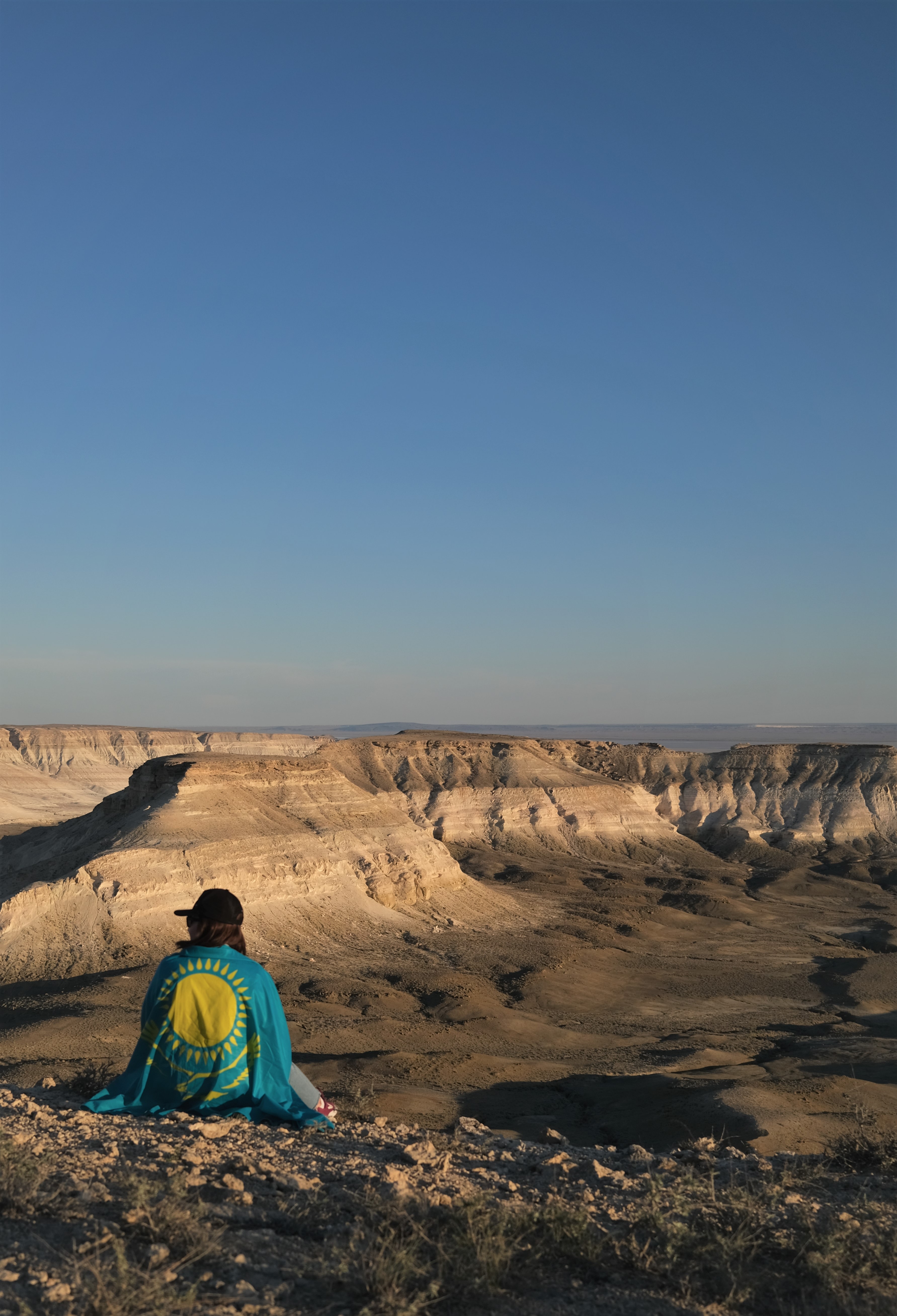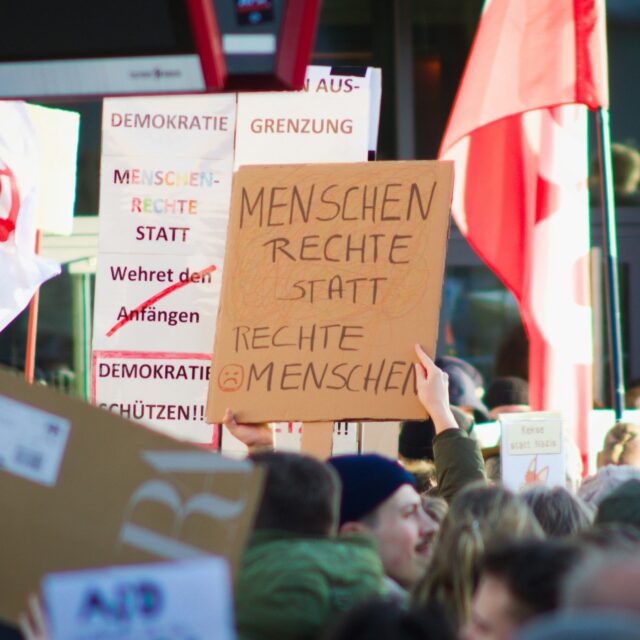Photo by forzaalisherka on Unsplash
Preparations for the Majilis and Maslikhat elections, which will be held on 19 March, are under way in Kazakhstan. These represent an important step forward in the political modernisation of the country.
More than 12 out of the 19 million population of Kazakhstan are included in the voter lists for the elections to the Majilis and Maslikhats.
The Central Election Commission has checked all the lists, and 12 320 550 voters have been registered in the electoral roll.
The current President of the country Kassym-Jomart Tokayev is keenly aware that Democratic reform is one of the important pillars making Kazakhstan a key partner of the European Union in Central Asia.
Key facts about the upcoming elections:-
Seven political parties in Kazakhstan have submitted their party lists with a total of 283 candidates to the Central Election Commission (CEC) to participate in the 19 March elections to the Majilis.
Local political pundits believe that the upcoming elections will help Kazakhstan to develop a mature and stable statehood. These elections will mark the end of an electoral cycle, which began with a constitutional, to be followed first by presidential and then parliamentary elections.
In the past 13 months, Kazakhstan’s political system has gone through three electoral campaigns: a referendum, presidential elections and the renewal of the upper house of Parliament.
The fourth campaign – early elections to the lower house of Parliament – Majilis should be the final stage in the formation of a y new historical context for Kazakhstan with a more developed political system and improved democratic representation at all levels. The elections have been necessary for Kazakhstan in order to attract new faces and fresh ideas to politics, diversifying the composition of key state institutions, making them more inclusive and representative.
Under the new constitutional system, the authorities of Kazakhstan demonstrate honesty and openness towards citizens, giving them the opportunity through elections, ahead of schedule, to re-express their opinion and position in relation to the changes taking place in the country and to the composition of officials in key state institutions, the quality of their work and the effectiveness of decisions taken.
The political landscape has significantly changed, and people’s opinions are also changing. This is why Kazakhstanis are given the opportunity to speak earlier, without waiting for the term of office of the current parliament.
Through the holding of new parliamentary elections, it is possible to qualitatively change the party field of Kazakhstan, making it more competitive.
The upcoming elections should allow Kazakhstan to form a more competitive multiparty system, which is necessary for the development of a strong and stable democracy representing the interests of different groups of society. Changing the electoral landscape and increasing the number of political parties will lead to a more representative and diverse parliament. This in turn will contribute to improving the quality of governance and public policy in Kazakhstan.
By early parliamentary elections and amendments to the Constitution, Kazakhstan has launched the process of building new political traditions.
The upcoming elections are now likely to ensure the replenishment of the lower house of parliament with new faces and ideas.
Having updated the composition of the entire political elite through elections, making it more diverse, in a competitive environment, Kazakhstan will begin the creation of new political practices for the country – the regular transfer of power (through legitimate, competitive elections without any transit and inheritance), which is an integral feature of all democratic structures.
A distinctive feature of these elections in Kazakhstan is that there is a large number of independent candidates, which clearly indicates the democratisation of society
Early elections will introduce the entry of more independent figures into the political life of Kazakhstan.
For the first time since 2004, the practice of electing by majority districts was returned to the electoral system. There are already a lot of public figures and activists on the lists of nominees who had nothing to do with politics before. Among them there are those who openly criticize individual initiatives of the current government, clearly indicating the absence of barriers to the nomination of different people, regardless of their political views.




